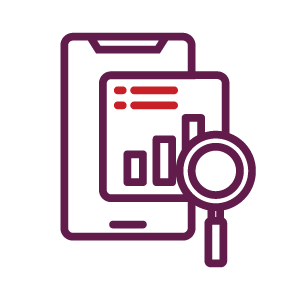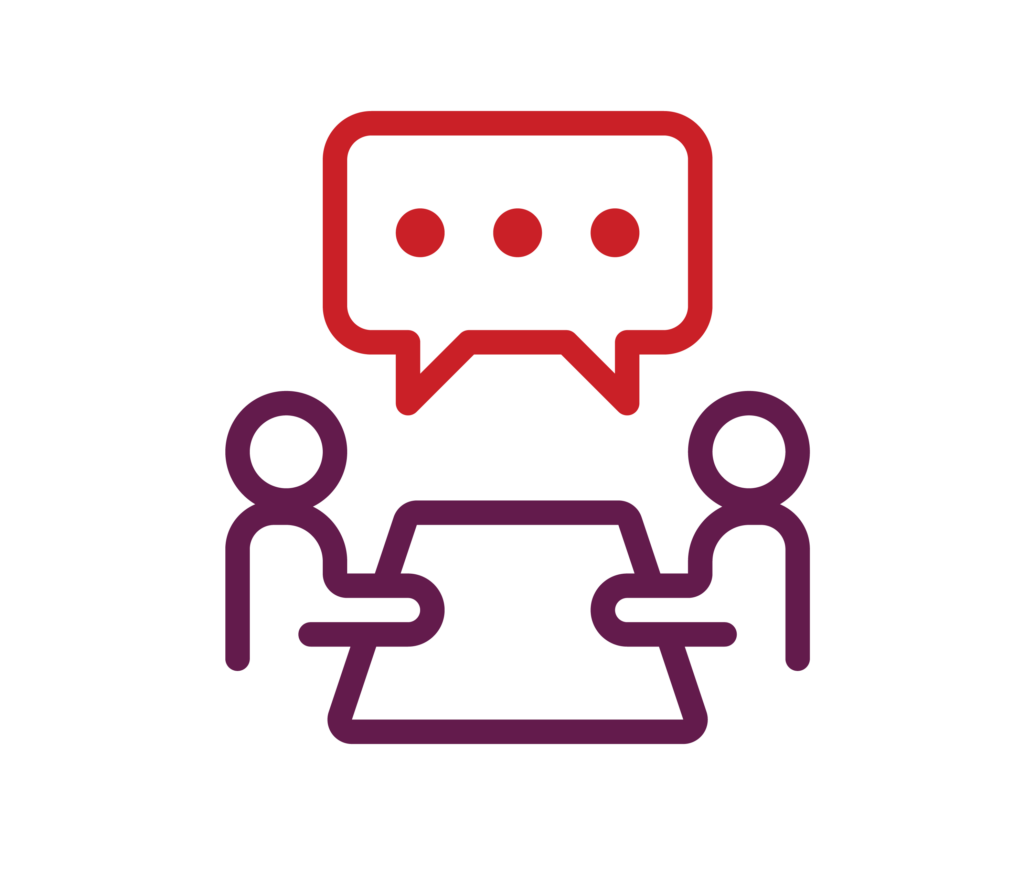Research Methods

Online survey software and web forms make it easier than ever for a company to conduct its own market research. Several well-known, free services are available for anyone to use, like SurveyMonkey, Survey Planet, and Typeform.
On the surface, an in-house DIY research effort may seem appealing and potentially more cost-effective than working with a market research firm. However, before your team decides to conduct a lengthy time (and resource) consuming research project, consider the benefits of using a third-party research firm instead.
Benefit #1: Confidential, outside, unbiased perspective
In some cases, respondents may feel hesitant to talk about negative experiences candidly when participating in a survey or form due to fear of some negative backlash—especially if you are conducting customer or employee satisfaction research. Avoiding circumstances like those makes bringing in a third-party firm worthwhile, as they come in with an unbiased perspective and no agenda. No matter how great a company culture is, not one is immune from this.
Benefit #2: Expert researchers who do nothing but research
Research experts also know how to phrase questions, and probe for deeper insights, in a way that doesn’t lead to biased answers–and that means you get real insights you can act on.
Where to go from here?
Rather than attempting to DIY a research initiative with existing internal staff — which puts added responsibilities on the backs of already busy team players — partnering with a third-party research firm will ensure the project receives the attention necessary for successful implementation.
If you’re stumbling upon this, you’re most likely already heading down the third-party path, taking stock of the myriad choices in front of you, weighing your options carefully, and, perhaps at this stage, determining whether qualitative or quantitative research is the right fit for your circumstances.
Market Connections has decades of experience working with clients in the public and private sector to create marketing and research strategies that deliver answers and get results. We are here to help get the job done right and done well.
Reach out today with questions or more information on ways we can help: info@marketconnections.com
By Elizabeth Armet, Senior Director, Research Strategy
Qualitative research is ideally suited to gain a deeper understanding of the opinions, motivations, frustrations, and priorities of your target audience. There are numerous ways to achieve this level of understanding, primarily through focus groups and in-depth interviews (IDIs). Both methods can be highly effective at uncovering and unlocking valuable insights.
Focus groups
Using a predetermined set of questions that allow ample room to dive into previously uncharted yet relevant issues, a professional moderator encourages and manages an open discussion and the cross-pollination of ideas among the participants. While the size of the group can vary, most groups include 6-10 participants. The group may be conducted either in-person at a professional focus group facility or at other venues such as at a conference or convention; or else online. The number of groups depends on the audience type and the goal of the research; but in general, two groups are better than one. The second group serves as a confirmation (or dissension) of the first group’s findings and also provides the opportunity to delve into any additional issues or ideas that unexpectedly came up during the first group.
In-depth interviews (IDIS)
In-depth interviews are one-on-one discussions conducted by phone or an online platform such as Zoom or Google Meet. Like focus groups, they also follow a predetermined yet flexible guide and may last anywhere from 20-60 minutes. The total number of IDIs may vary, and depends on the audience type, with 10-15 interviews per segment as a reasonable amount. IDIs are a great tool when targeting a very specific decision-maker or executive that is harder to reach. The one-on-one format of IDIs is also well suited to topics of a sensitive nature, or when the participant seeks to avoid sharing information with a possible competitor.
Which method do you choose?
Typically, the specific circumstances of your research project will dictate whether focus groups, in-depth interviews, or perhaps even a combination, is most appropriate.
Focus groups are recommended for the following situations:
- Eliciting deeply held opinions and beliefs
- Obtaining detailed information from a small and potentially diverse group of individuals
- Evaluating a concept, message or ad
- Assessing a product or service
On the other hand, IDIs are recommended over focus groups in the following situations:
- The research requires the input of decision-makers from competing firms (who are often unwilling to talk openly in front of one another).
- The target audience is comprised of very high-level and/or extremely busy professionals, such as corporate executives or medical specialists, and may be unwilling to travel to a research facility at a specific time.
- The discussion topics are sensitive or personal in nature.
It is important that you and your research firm weigh each option carefully when determining the most effective qualitative method for your particular needs. Indeed, some studies may benefit by utilizing both approaches, based on the nature of the target audience. Market Connections works together with our clients to create the best strategy to get the answers they need with qualitative research.










